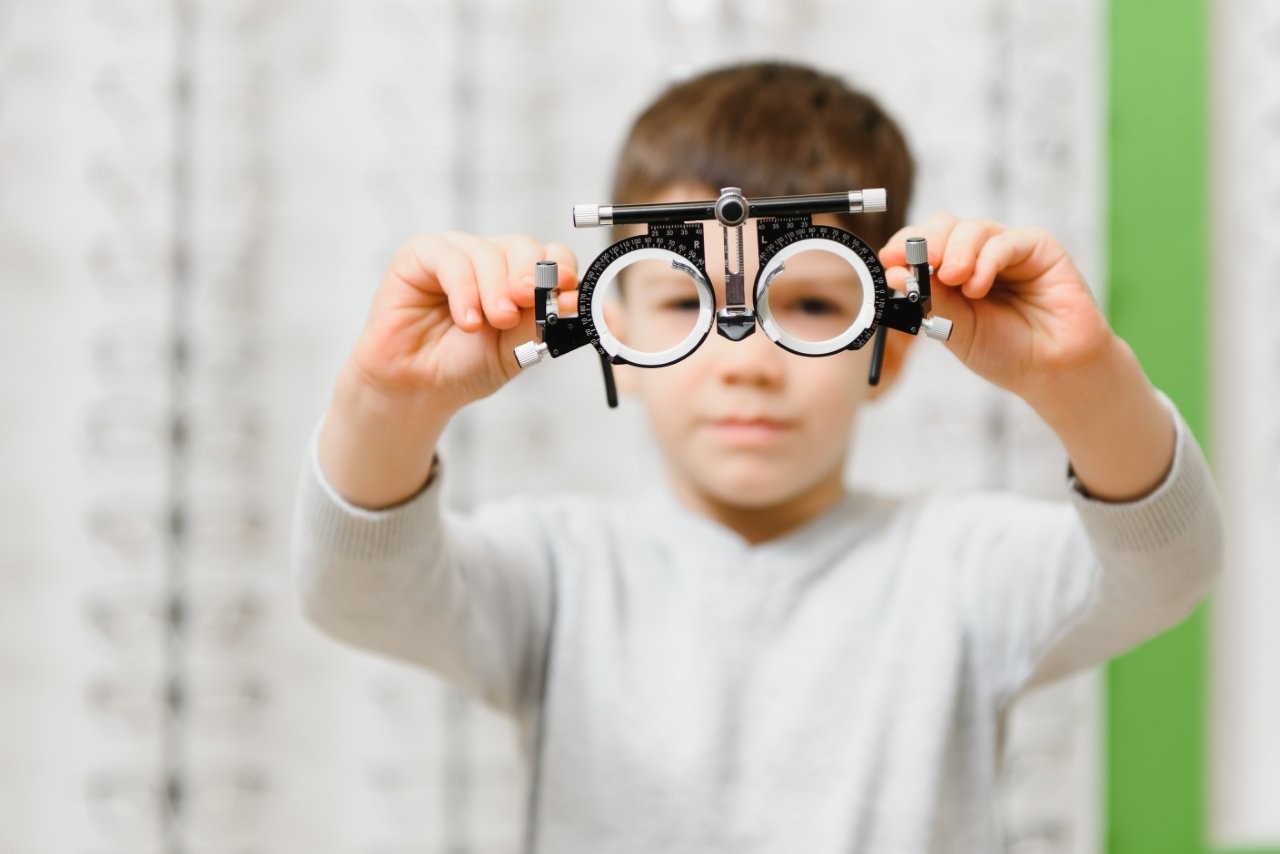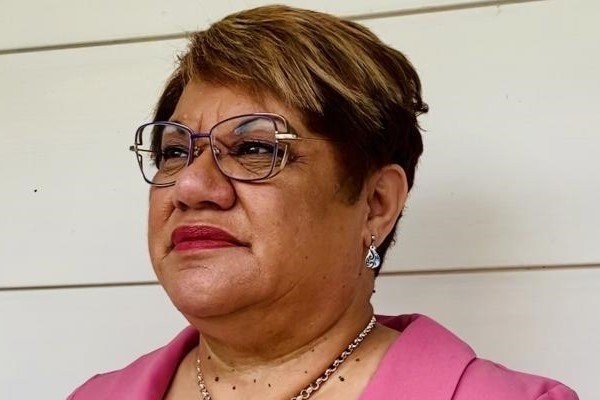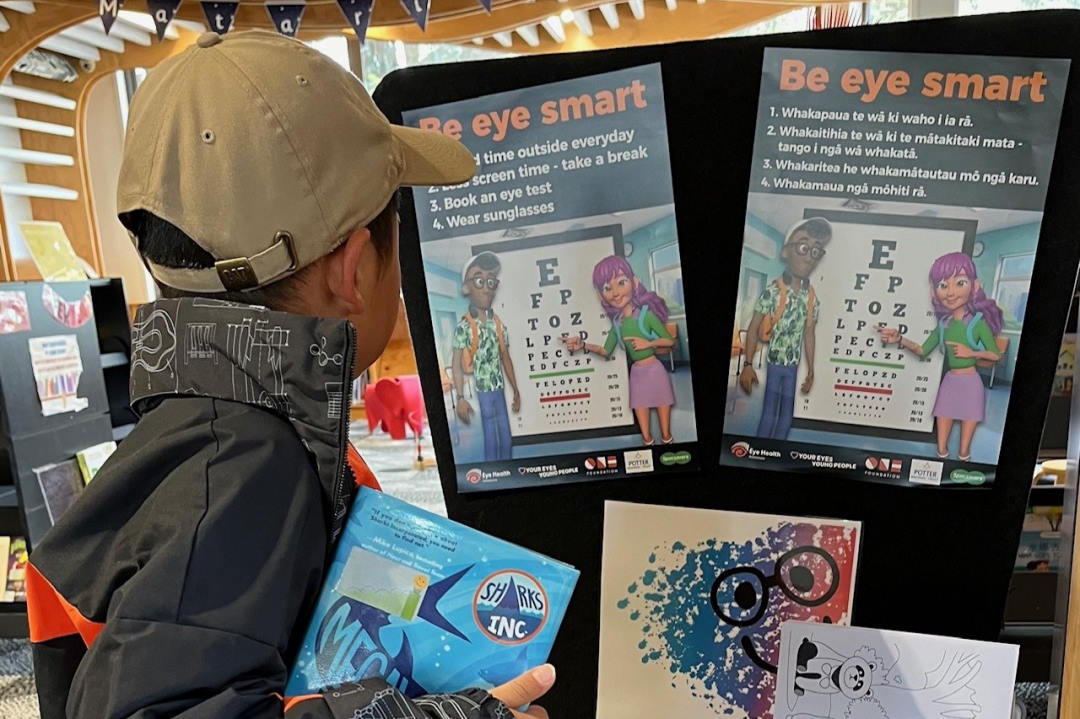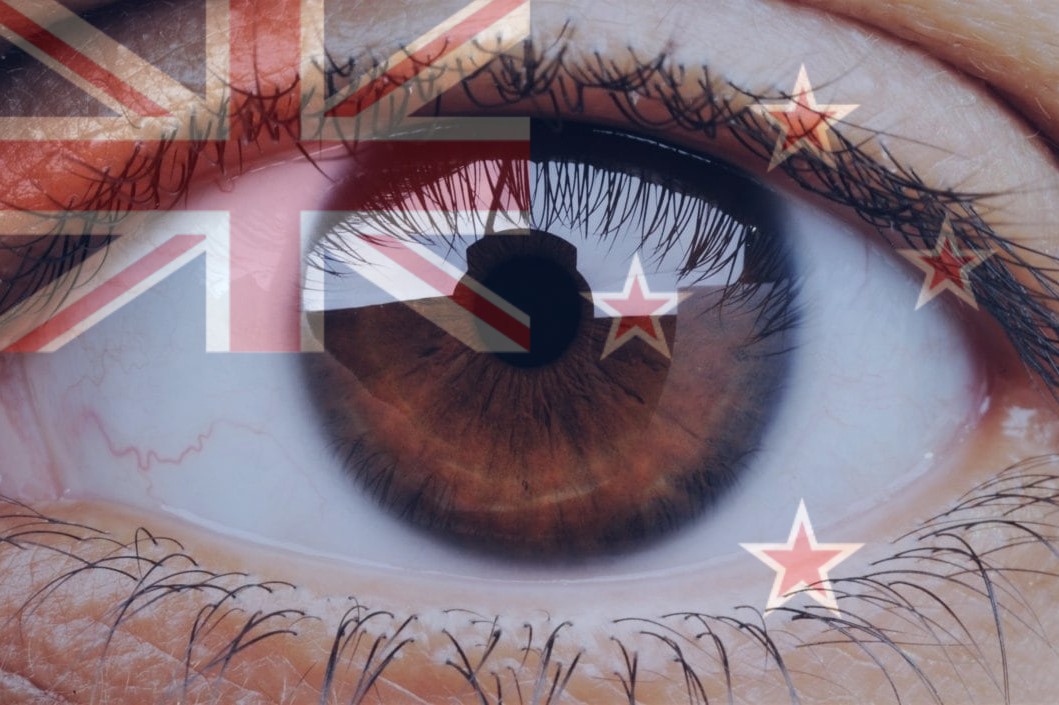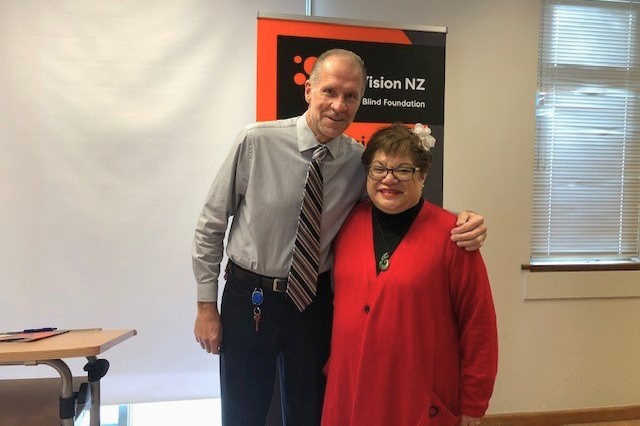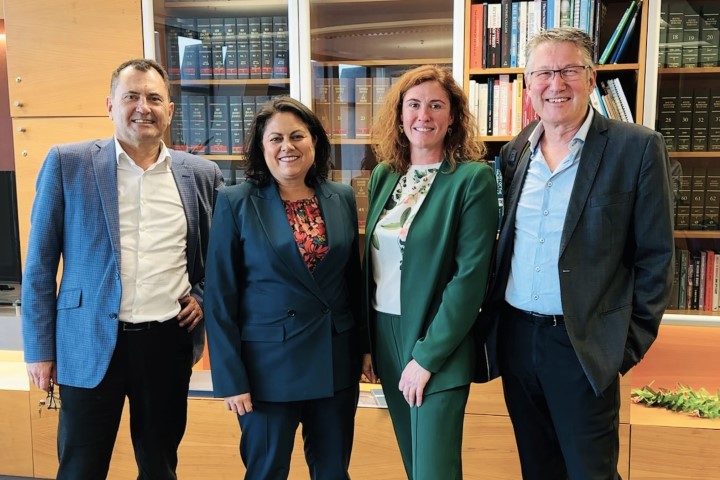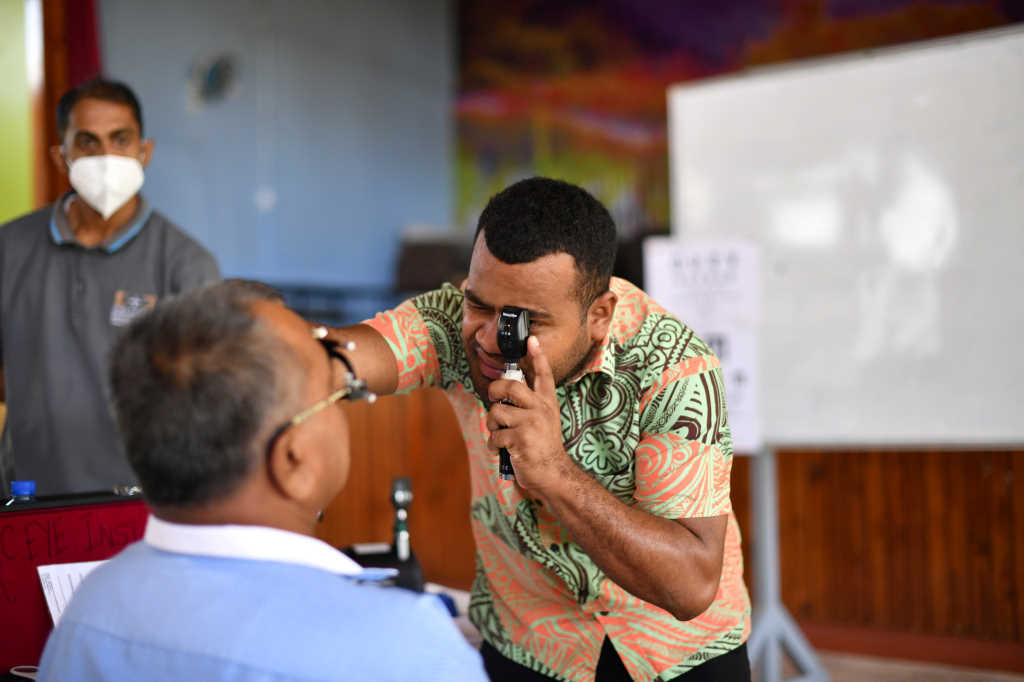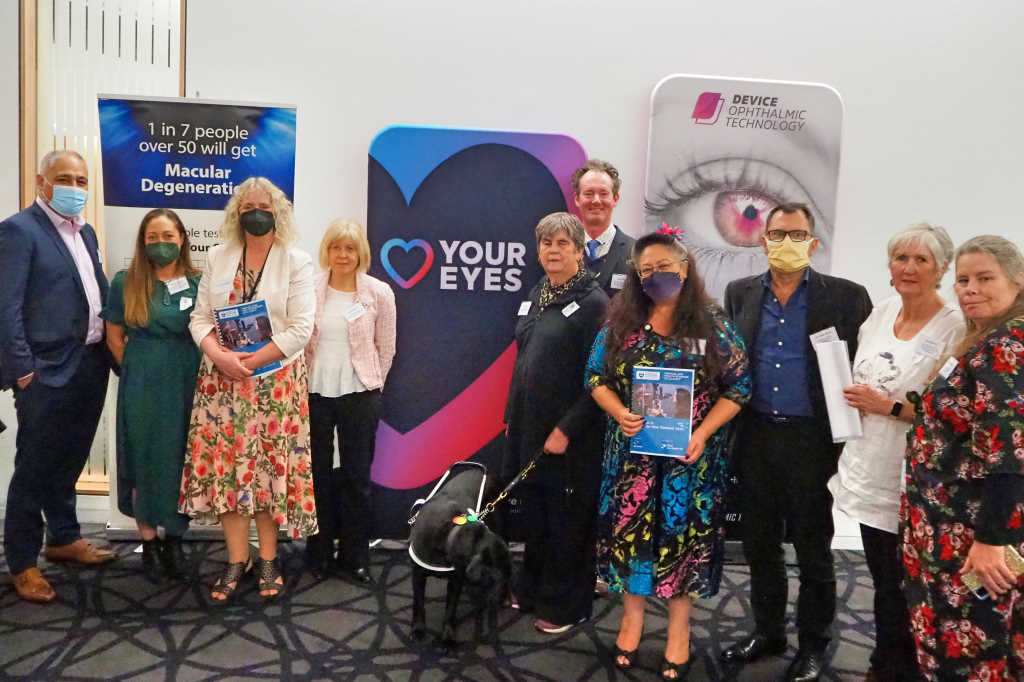
EHA takes eye health to Parliament
In a new bid to promote better eye health in New Zealand, Eye Health Aotearoa (EHA) hosted an event at Parliament offering eye checks to MPs and their staff. The event, which was supported by Device Technologies and marked the start of EHA’s and IAPB's 2022 Love Your Eyes campaign, saw Specsavers optometrist Ian Russel perform 40 OCT scans.
EHA spokesperson Dr Justin Mora said eye health and vision care needs to be a public health priority. “We hope that by bringing our campaign to the People’s House, we can show MPs the importance of looking after the nation’s vision and reiterate just how desperate the situation is.”
EHA also used the event to launch the ‘Eye Care in Aotearoa New Zealand 2022 – Eye Care Situation Analysis Tool (ESCAT)’ report, prepared by Auckland optometrist and lecturer Renate Watene and Associate Professor Jacqueline Ramke from the School of Optometry and Vision Science at Auckland University. Developed by the World Health Organisation, ESCAT provides a snapshot of the eyecare sector and is designed to address key questions around strategic prioritisation, identify activities to address existing gaps and analyse the strengths, weaknesses and inequalities of integrated, people-centred eyecare.
IAPB’s regional programme manager Drew Keys said ESCAT is the foundation of the organisation’s 2030 In Sight global strategy to ensure nobody experiences avoidable sight loss by the end of the decade. “As one of the very first developed health economies to conduct an ECSAT, this report well-positions New Zealand to undertake the eye health journey.”
The report also provides baseline information for tracking capacity and performance of the eyecare sector. The findings show that New Zealand is doing well in some areas but others need strengthening, said Dr Mora. “The National Eye Health Survey will tell us what the real needs are and where they lie, but ESCAT is about more than that; it can be a template to help all stakeholders understand the system-wide changes needing to occur so we can provide the kind of eyecare that Kiwis deserve.”
Dr Mora said he left the event feeling useful progress had been made. “Today showed the value of having a group that can speak on behalf of all eyecare stakeholders. Because Eye Health Aotearoa is truly representative, it can be a powerful voice in driving change.”
The ESCAT report can be downloaded here: www.eyehealthaotearoa.org.nz/resources








